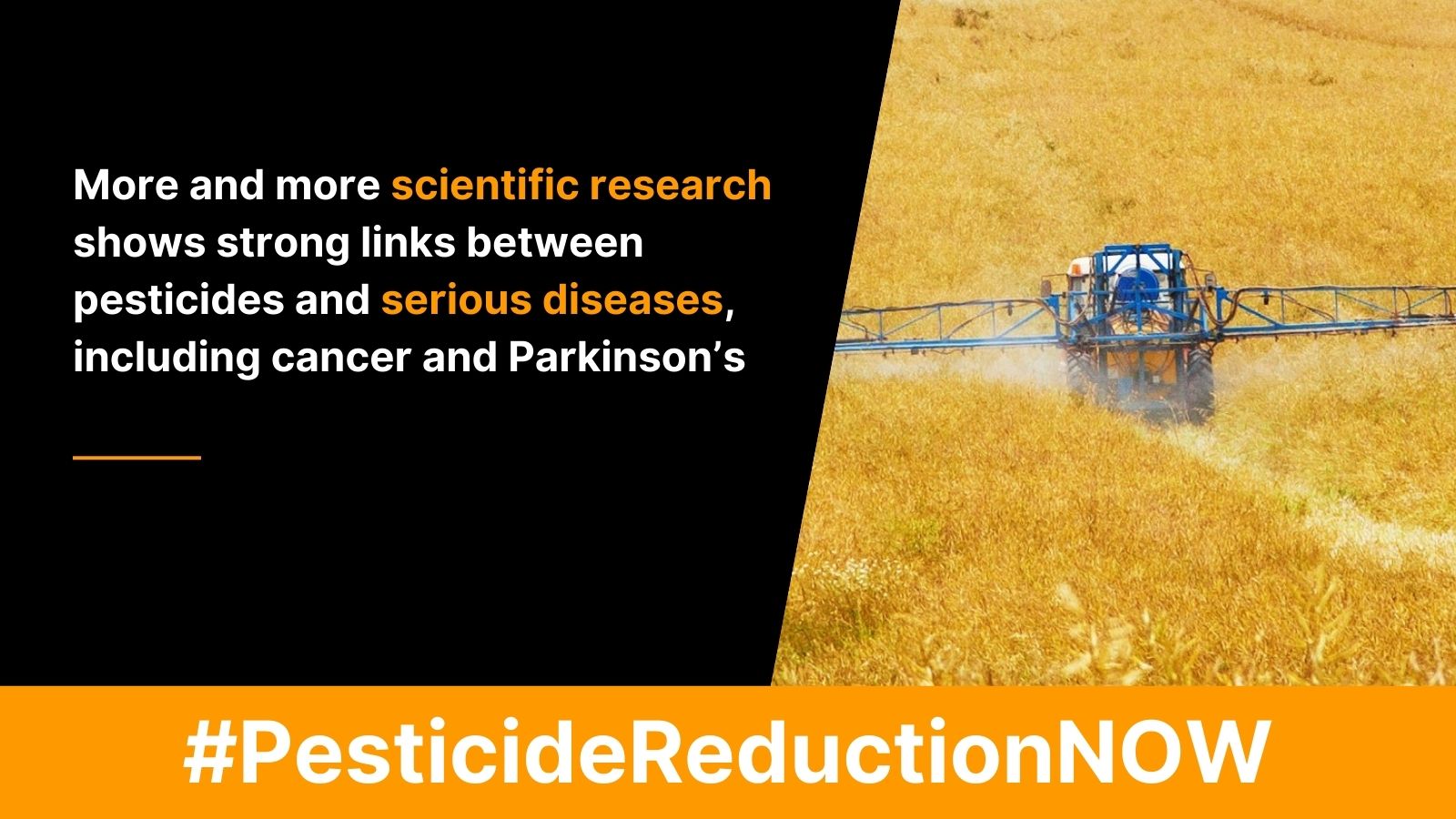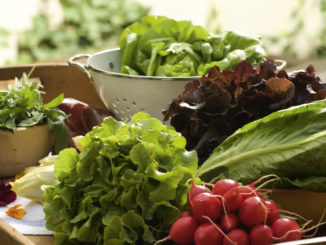
Photo courtesy of Unsplash/ SHTTEFAN
The French retirement age isn’t the only debate making waves in the land of fraternity and croissants right now. One-third of French drinking water turns out to be contaminated thanks to a banned pesticide, which is unsettling news. So shouldn’t it be about time to retire some pesticides? The agriculture minister says otherwise — it’s always ok to make exceptions for the most used chemicals right? And other protests go on, with a wave of campaigners fighting back against the development of mega-basins, water retention centers that put a new term on the table — you’ve heard of land-grabbing, well here’s water-grabbing. Dive in in this week’s round-up, French edition. By Ashley Parsons
Banned Pesticide in Tap Water
Traces of a banned pesticide called chlorothalonil have been found in tap water in one-third of French households, according to a report by France’s environmental watchdog, the French Agency for Food, Environmental and Occupational Health & Safety (ANSES). The chemical has been linked to cancer, reproductive issues, and environmental damage.
The study analysed samples of tap water from 22 French regions between 2017 and 2021. The results showed that the pesticide was present in 32% of the samples.

Chlorothalonil was banned in the European Union (EU) in 2020 due to its potential health and environmental risks. However, it can remain in the soil and water for years, and its use was widespread before the ban.
The discovery of chlorothalonil in French tap water highlights the need for stronger regulation and monitoring of pesticides in the EU. The EU is currently developing the Sustainable Use of Pesticides Regulation (SUR) to improve pesticide management and reduce the risks to human health and the environment.
The downside? The legislation is currently in limbo, essentially being blocked until after the 2024 elections, which can be understood to mean being blocked de facto. By whom? At the moment, by the AGRI committee’s request for a further impact assessment.

Is a Ban Actually a Ban?
During a recent meeting of the standing committee on plants, animals, food and feed (SCoPAFF) held on March 23, the member states voted to endorse the withdrawal of approval for two active substances: ipconazole and oxamyl (‘endorse the withdrawal of approval’ is another way of saying – ban).
However the draft implementing acts will undergo grace periods that will last until next year. Further, a ban doesn’t always mean that use will stop – at the same meeting member states issued temporary authorisations for the use of some 40 other substances, despite the fact that they are already “banned.”
In the case of one of the substances that will receive an extension of use, S-metolachlor (a suspected carcinogen) the battle to get it out of use has been waging for more than 8 years.
According to François Veillerette, spokesperson for Générations Futures, “This slowness of the European evaluation process is responsible for so many years of contamination of groundwater and drinking water by metabolites.”
The extension is not the final hurdle in the race to get S-metolachlor out of use. As one of the most used herbicidal substances in the country, French Minister of Agriculture Marc Fesneau announced at the beginning of April his intent to have the risk of S-metolachlor reassessed.
Protesting Mega-Basins
The boiling point of the mega-basins controversy has been held-off in France for more than a year, but now the water is raging hot. While these basins are designed to collect and store water from the groundwater supply, some farmers and environmental organisations are raising concerns about the impact of mega-basins on the groundwater supply and the democratic values of farming practices.
Pumping of water from the groundwater supply can lead to overuse and depletion of the resource, reducing the amount of water available for other purposes. As a solution to drought, mega-basins don’t get the job done (their evaporation rates from winter to summer may range from 20-40%) and are a form of ‘water-grabbing.’
The Confederation Paysanne has spoken out against the use of mega-basins, citing the negative effects on the environment and smaller, family-owned farms. Additionally, the Confederation Paysanne argues that mega-basins give larger, industrialized farms an unfair advantage, as they have the resources to install and maintain these expensive water storage systems.
In Western France, protests have taken place in the countryside with farmers and activists voicing their opposition to mega-basins. The protesters argue that the government’s support for mega-basins demonstrates a lack of concern for the environment and local communities, and that these basins contribute to the destruction of small farms.
The controversy surrounding mega-basins has led to a wider debate about the future of agriculture in France. Alternative solutions, such as the implementation of agroecological practices, could provide a more sustainable and democratic approach to farming.
Mega-basins are not only a problem in France, where people have gone on trial opposing what they see as privitisation of a public asset. In other European countries, such as Spain and Italy, the use of mega-basins has also been criticised for their negative effects on the environment and farming practices.
Overall, the controversy surrounding mega-basins highlights the need for more sustainable and democratic solutions in rural places and in agriculture. While the pumping of groundwater is important for farming, especially when faced with the risk of another drought like we saw in 2022, it is important to consider the wider impact of these systems and explore alternative solutions that support smaller farms and protect the environment.
Read More:
Protest, Pesticides and the Parliament – European news round up
France | Pesticides, PDOs & Plenty of Spin at Salon de l’Agriculture 2023
Protest, Pesticides and the Parliament – European news round up
A Toxic Multi-Billion-Euro Business Costing Citizens Big Time






